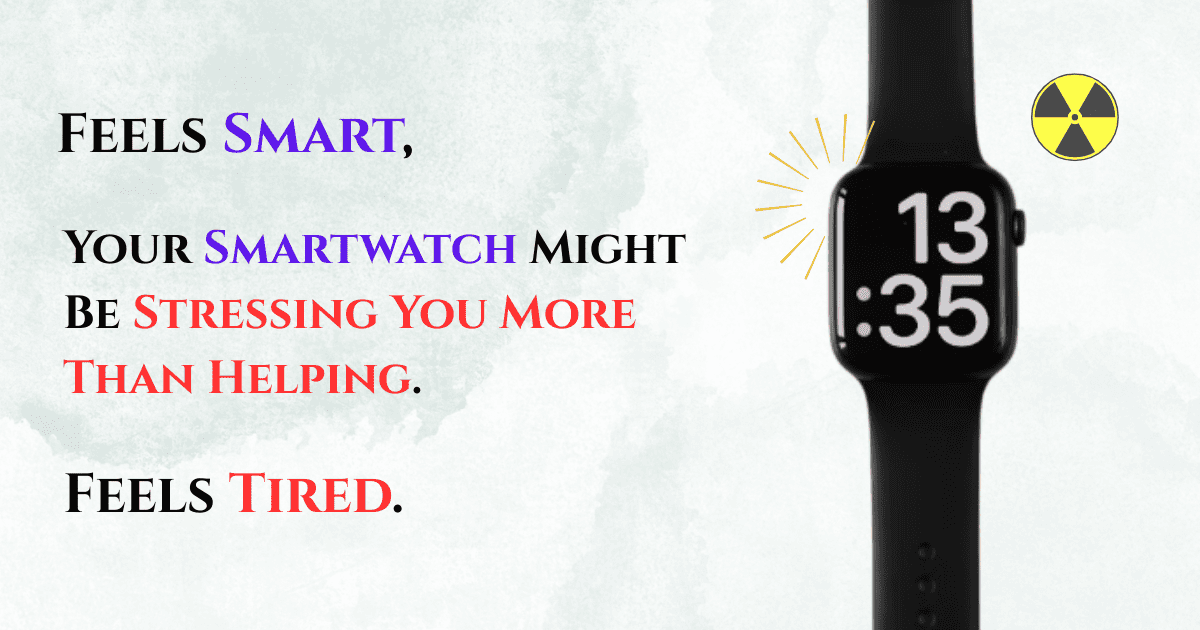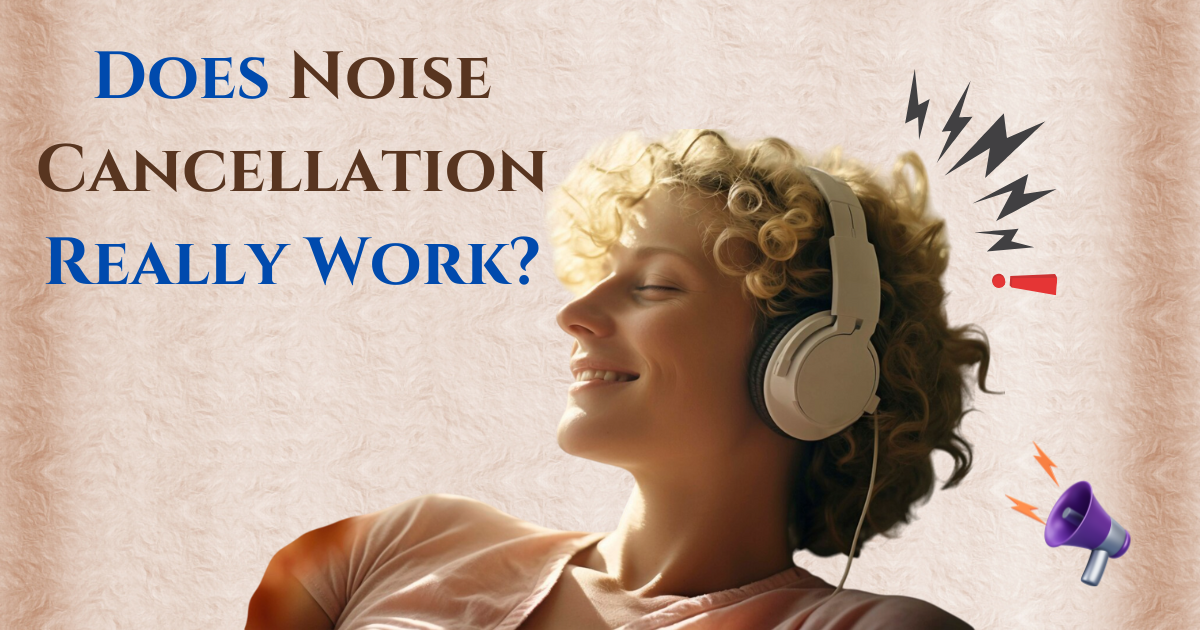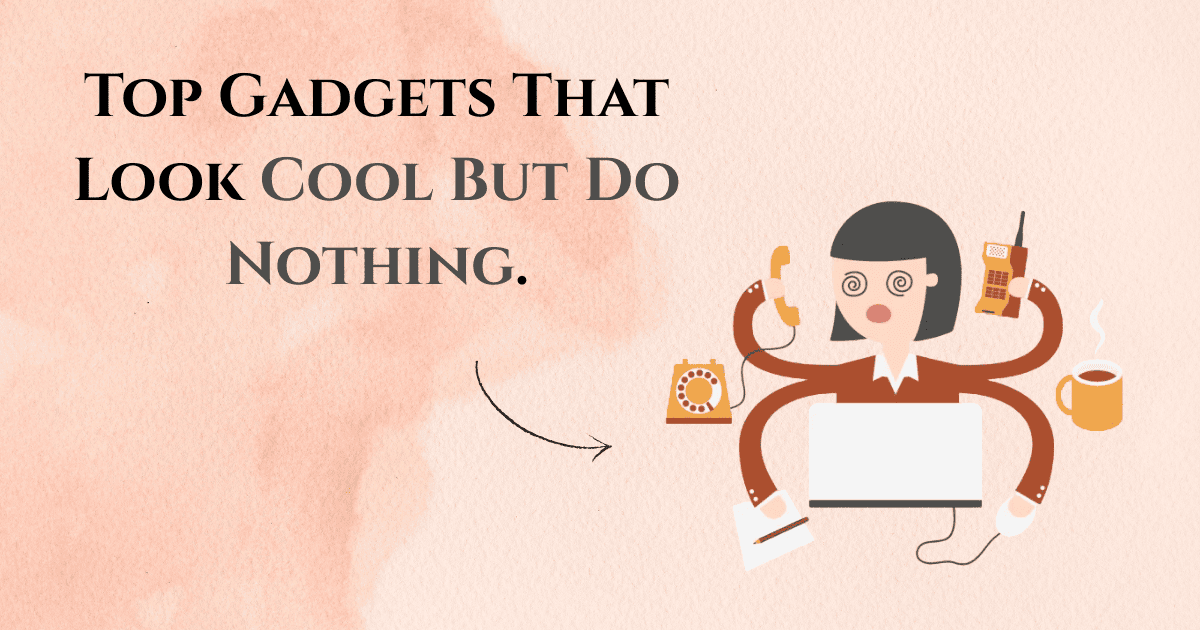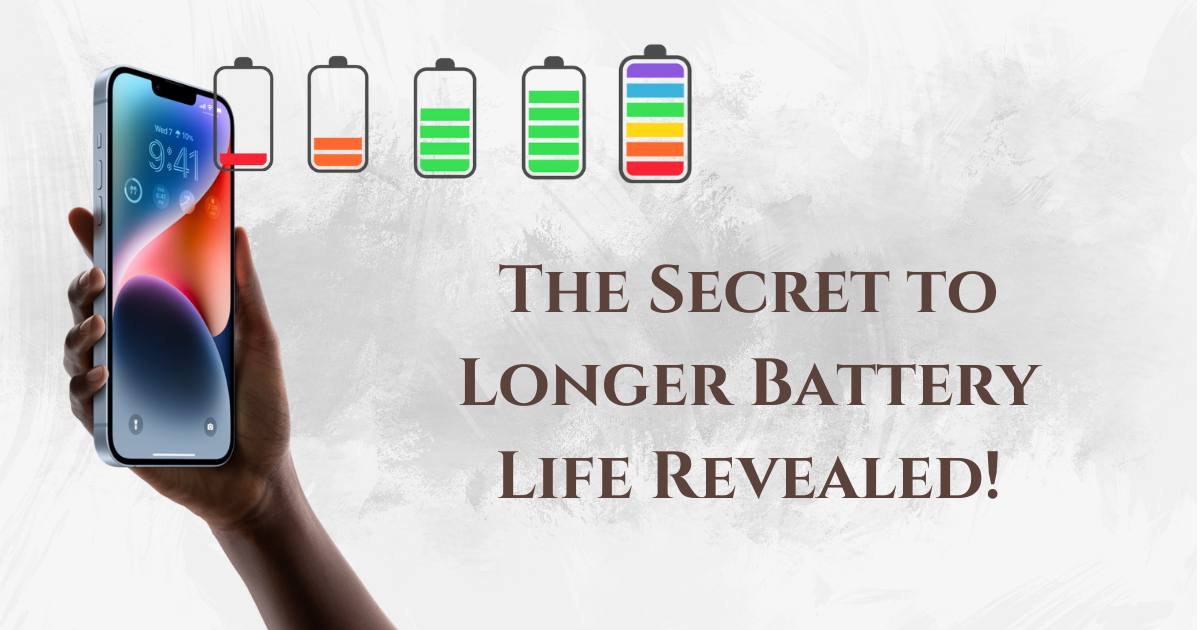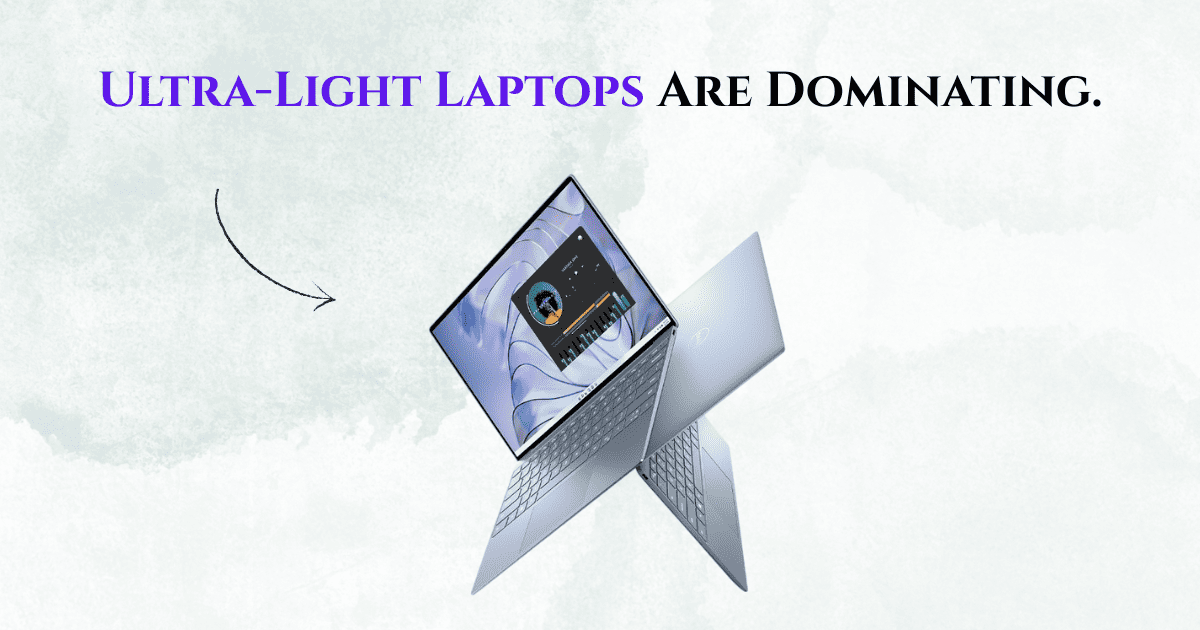Is your smartwatch making you anxious instead of healthy? Discover the subtle ways wearables may be increasing your stress.
We strapped them on to become healthier, more productive, more in control.
But what if your smartwatch is silently making you feel worse?
In an era where “self-tracking” is marketed as self-care, millions rely on their smartwatches to optimize sleep, heart rate, productivity, and movement. Yet quietly, a new wave of users report something unexpected: burnout, guilt, and anxiety—caused by the very devices meant to prevent them.
Let’s unpack how this little screen on your wrist might be messing with your mind, and what to do about it.
1. The Illusion of Control
Smartwatches give us numbers, graphs, and notifications. And we love that. Why? Because data feels like control.
But here’s the problem: life isn’t always trackable.
You didn’t sleep well—your watch scolds you.
You missed your 10,000 steps—shame pinged on your wrist.
You’re meditating, but it wants you to “breathe now.”
Suddenly, your body isn’t yours—it’s a performance for a device.
We forget that control isn’t peace. It’s often pressure wearing a fitness band.
2. Good Stress vs. Bad Stress
Yes, a nudge to get up and walk can be helpful. But that constant buzz? That’s not motivation—it’s micro-stress.
Every ring not closed.
Every BPM spike.
Every “you didn’t hit your goal.”
Your body reads that as failure—even when it’s just data.
Over time, these small digital judgments compound into a background noise of anxiety.
3. Fitness Shame Is a Thing
What began as inspiration often becomes obsession. We start feeling guilty about not doing enough—especially when the watch reminds us.
Missed workouts feel like character flaws.
Skipping a run becomes a moral failure.
This isn’t health tracking. It’s health shaming in disguise.
And if your worth is tied to how many calories you burned today, that’s not motivation—it’s a quiet form of self-punishment.
4. Sleep Tracking = Sleep Anxiety
Smartwatches promise better rest with sleep monitoring. But ironically, many users report sleeping worse because of it.
You wake up and check your “sleep score.”
If it says bad, you feel bad—even if you felt okay.
Now you’re stressed before you even brush your teeth.
It’s called orthosomnia—the anxiety caused by tracking sleep.
When rest becomes a goal to achieve rather than a gift to enjoy, you’ve entered the trap of over-optimization.
5. When Wellness Becomes Work
Smartwatches often gamify health: medals, streaks, goals. But life isn’t a video game, and health isn’t a leaderboard.
Constant tracking can turn rest into labor. You don’t just walk—you “earn steps.” You don’t just breathe—you “complete a goal.”
This mindset shifts wellness from self-care to self-surveillance.
And the worst part? The rewards are fake gold rings—not actual relaxation, confidence, or calm.
6. Every Ping Is a Tension Spike
Whether it’s a message, weather alert, or reminder to drink water, your wrist buzzing 20 times a day isn’t harmless.
It breaks focus. It fuels FOMO. It turns the present moment into a battleground of alerts.
That constant low-level interruption wears down your nervous system. What’s meant to help you “stay connected” often disconnects you from the now.
7. Health ≠ Quantified Data
Your health is not a graph. It’s how you feel in your body.
But we’re outsourcing our intuition to devices—and that’s risky.
When was the last time you asked, “How do I feel today?”
Not “What does my smartwatch say?”
This detachment from inner signals creates tech-dependence, not self-awareness.
8. You’re Not a Machine
Smartwatches operate on averages, not your lived experience. They don’t know your stress at work, your family emergency, or your hormonal shift.
Yet they demand performance—like you’re a machine that should always be improving.
But humans aren’t built to always optimize. We’re built to ebb and flow.
To slow down sometimes. To feel. To be.
Your worth isn’t defined by a weekly summary.
9. Burnout, Rebranded as Productivity
Let’s be honest—many of us wear these devices as status symbols of discipline and hustle.
But tracking your body 24/7 doesn’t make you enlightened. Sometimes it just makes you exhausted.
Health tech burnout is real.
And what’s more rebellious now? Taking off the device and trusting yourself.
10. Balance, Not Ban
This isn’t an anti-tech rant. Smartwatches can absolutely help you build habits, notice health patterns, and feel empowered.
But here’s the key: You use it. It doesn’t use you.
Ask yourself:
- Do I feel anxious when I forget to wear it?
- Am I ignoring my own body in favor of its stats?
- Is this still helping me grow—or is it making me feel behind?
If your answers lean negative, it’s okay to take breaks. Turn off notifications. Skip tracking for a day.
Trust that your body knows more than your watch sometimes.
Final Thought
Your smartwatch is a tool—not a judge, not a therapist, not a mirror of your worth.
If it starts creating stress instead of reducing it, you have permission to step away.
Because health is not a number.
It’s a relationship—with your body, your mind, and your peace.
And no wearable can measure that.





